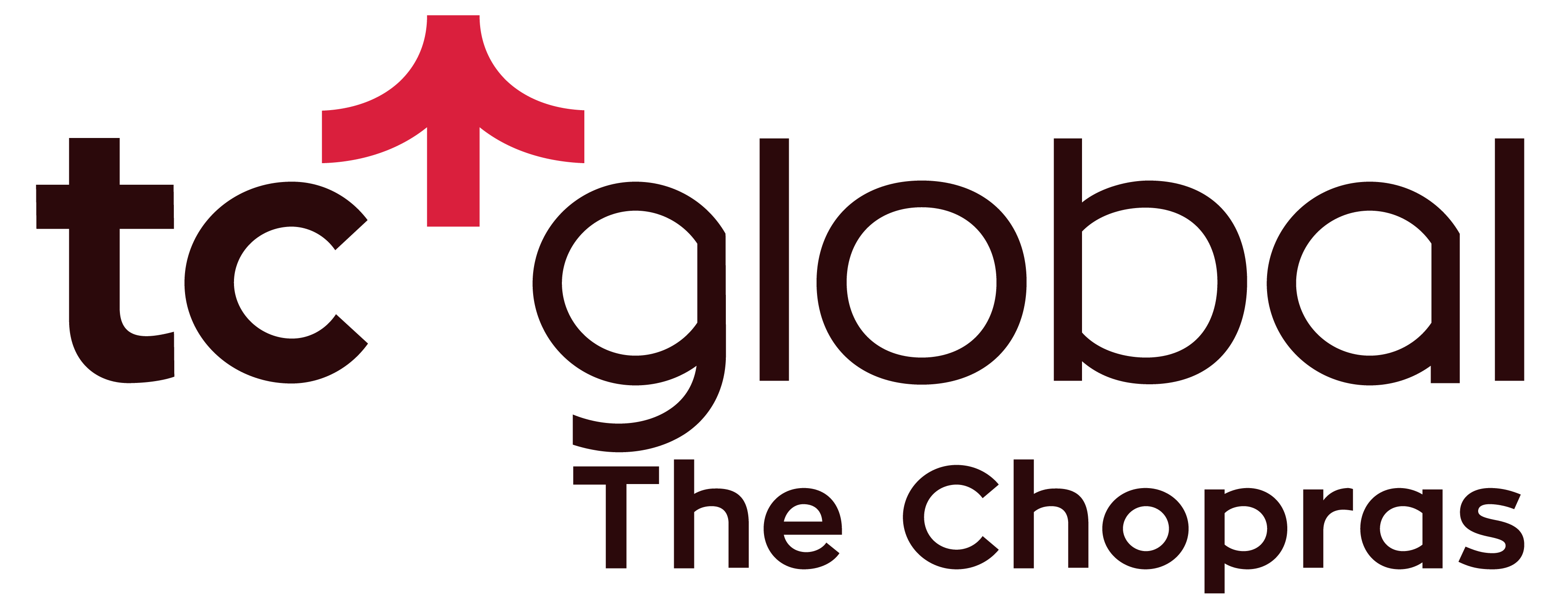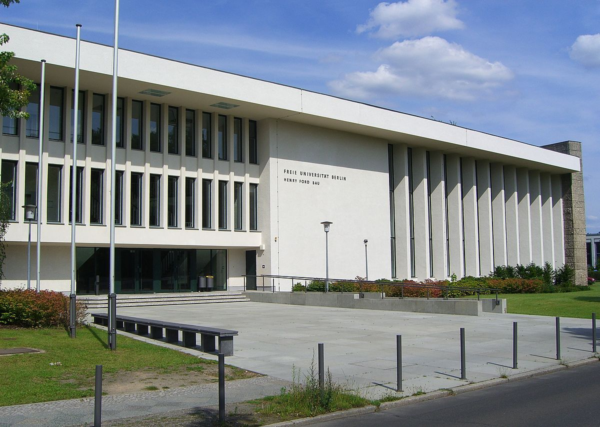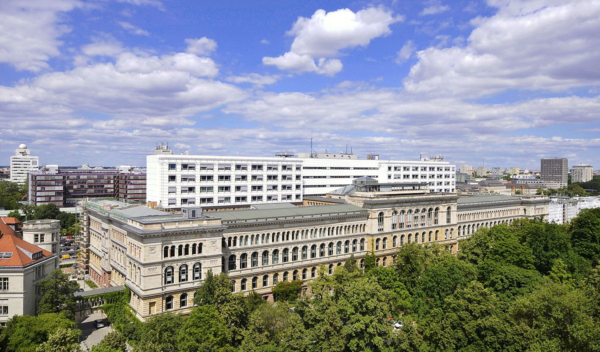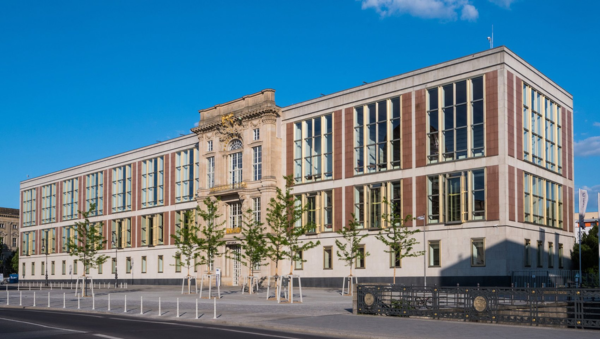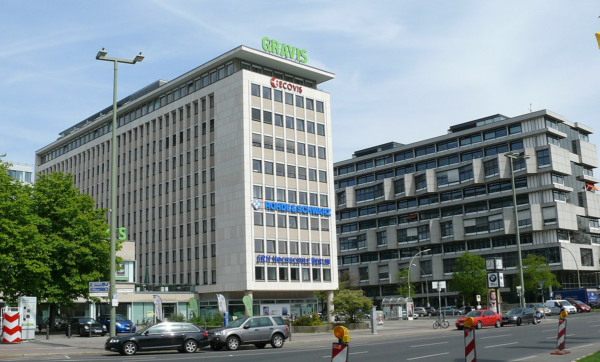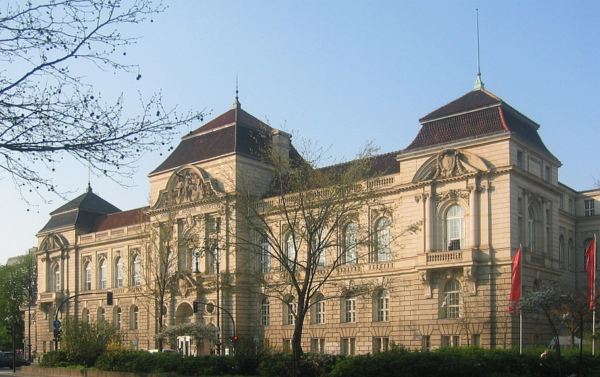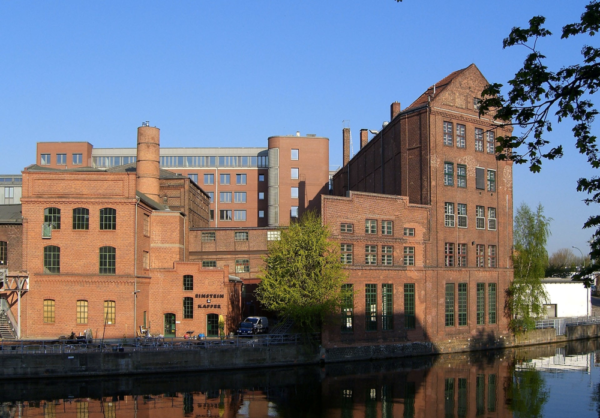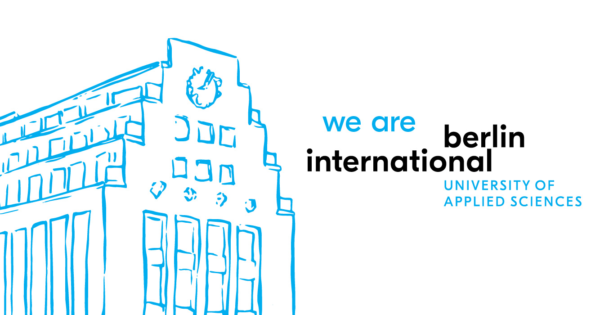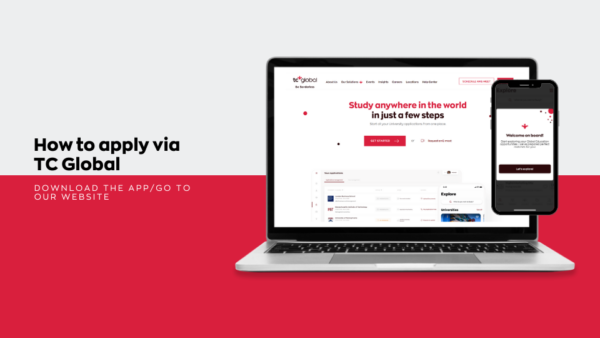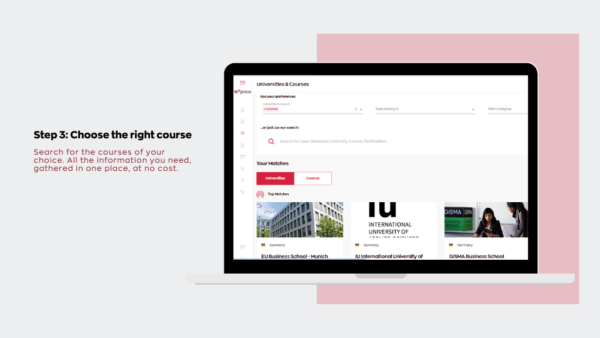
Germany is becoming an increasingly popular choice among international students for higher education. The capital city of Berlin has been a scientific, cultural and political centre through history and is currently seeing an influx of international students. A core member of the EU’s Erasmus programme, there are many advantages to studying in Berlin. Let us take a look.
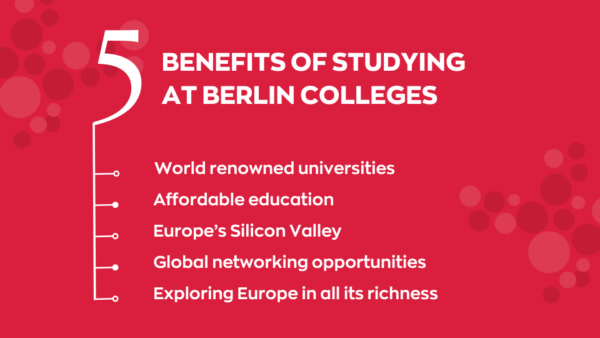
1. World renowned universities:
Three of the top ten universities in Germany (Freie Universität, Humboldt Universität and Technische Universität) are located in Berlin. These universities are also ranked in the top 100 in the world, according to both QS and Times Higher Education rankings. They are inclusive, internationally recognised and have produced around 43 Nobel laureates. German universities are research intensive, emphasise innovation and are deep rooted in industry requirements.
2. Affordable education:
Public universities in Germany do not charge tuition fees for both domestic and foreign students. The administrative fee that these universities charge range from €150 – €500 per semester. Even if you are looking at private universities, their tuition fees are far more affordable than the U.S. or the U.K.
In addition to the governmental stance to not commercialise education, there are a number of scholarship options that you can also access to further ease the cost of international education. One such example is the Deutschlandstipendium. These awards are given out as monthly stipends to help with the cost of living, books, travel and other expenses.
Furthermore, as a student with a valid student visa, you are permitted to work up to 120 full days or 240 half days a year. Even if you account for the minimum wage rate of €12 per hour, you can earn a decent sum to contribute to your living expenses.
3. Europe’s Silicon Valley:
In the last decade, Germany has generated one of the highest amounts of venture capital for startups in Europe. Due to the emphasis the nation places on technological advancements and innovation, the city of Berlin has earned the nickname ‘the Silicon Valley’ of Europe. It is a hub of tech startups and international corporations, especially in the fields of software, digital media, e-commerce, fintech, and creative industries, making room for more skilled workers.
4. Global networking opportunities:
With more international students choosing this city as their study destination and the place to build their careers, you will have the chance to build networks with students and professionals from different parts of the globe.
5. Exploring Europe in all its richness:
Ripe with history (the Holocaust Museum, the Berlin Wall), art and an underground music scene, your life, outside of academics, in the city will prove to be enthralling. Moreover, with a valid student permit, you can also travel and explore the Schengen area.
